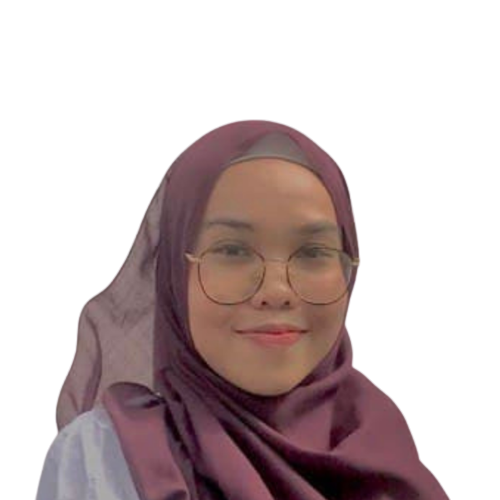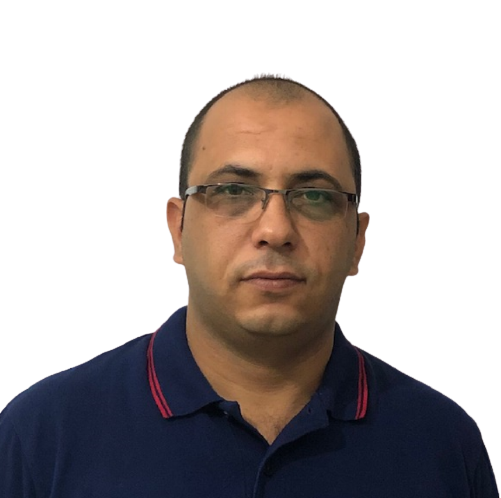-
Nur Syahirah Binti Mohd Nasir (Malaysia)
Nur Syahirah has developed a Web-based Data Extraction System. This system is designed to collect data from the Twitter platform based on researchers’ specifications and filters. It serves as a valuable resource for researchers, especially those focusing on cyberbullying, providing access to social media data that includes information about onlookers and bystanders. Users have the ability to filter data according to their requirements, including specified dates and times. The system offers outputs in two formats: CSV and HTML tables, enhancing flexibility for researchers in obtaining desired data. Nur Syahirah’s system contributes to the efficiency of gathering and analyzing social media data, supporting research endeavors in the domain of cyberbullying and…
-
Dr. Toqir Ahmad Rana (Pakistan) – Teaching Fellow
Dr. Toqir directs his research towards the sentiment classification of Roman Urdu text, addressing the unique challenges posed by this language. As the third most widely used language globally, Roman Urdu lacks extensive work in sentiment analysis. Driven by the unstructured nature of the language and the absence of necessary language resources, he focuses on standardizing Roman Urdu text and implementing sentiment-based classification. Dr. Toqir aims to contribute to the advancement of sentiment analysis in the Roman Urdu language domain, recognizing its significance given the substantial user base. His work seeks to bridge existing gaps in language processing tasks for Roman Urdu, ultimately paving the way for more effective sentiment…
-
Mustafa Al Qudah (Jordan)
Mustafa Al Qudah is engaged in a project centered on human stress and emotion detection. The focus of this endeavor is the detection of stress using multimodal cues, specifically facial expression and temperature. To achieve this, four thermal/visible cameras will be strategically placed in a room to capture participants’ faces as they move. Additionally, a remote photoplethysmography (PPG) camera-based technique will measure participants’ heart rates during the experiment. The experimental setup involves the use of acoustic stimuli to gradually induce stress in participants. User states will be recorded both before and after exposure to the stimuli. The classification of stress and other affective states will rely on deep learning algorithms,…
-
Zaher Bamasud (Yemen)
-
Mohammad Nifhail Bin Zambri (Malaysia)
MSc. Research
-
Deborah Ooi (Malaysia)
Undergraduate Research
-
Badr Mohammed Omar Lahasan (Yemen)
Badr’s research interest lies in biometrics: particularly the study focuses on unconstrained facial recognition – occluded images with additional challenges such as expression, variations and single sample per subject. Badr has attempted to study occluded images coupled with expression, a new challenge few research in this area considers.
-
Bisan A. N. Alsalibi (Palestine)
Bisan Alsalibi received her first degree from the Islamic University of Gaza, Computer Engineering Department, Palestine in 2009 and her master degree from the Computer Science School in USM, Malaysia, 2013. She worked as a research assistant in USM in 2013. She is currently a PhD candidate at USM funded by MIS scholarship. Her general research interest is bio-inspired computing, membrane computing, graph theory and computer vision. In short, she is interested in recognizing objects under uncertainty which is being a challenge to even humans by means of modeling biologically motivated approaches. Bisan graduated in 2017 and is now a teaching fellow in SOCS USM.







